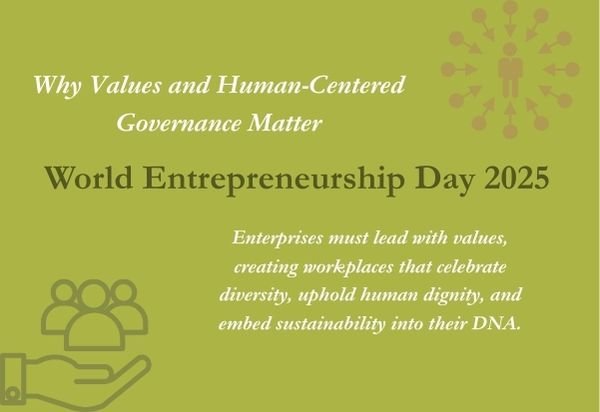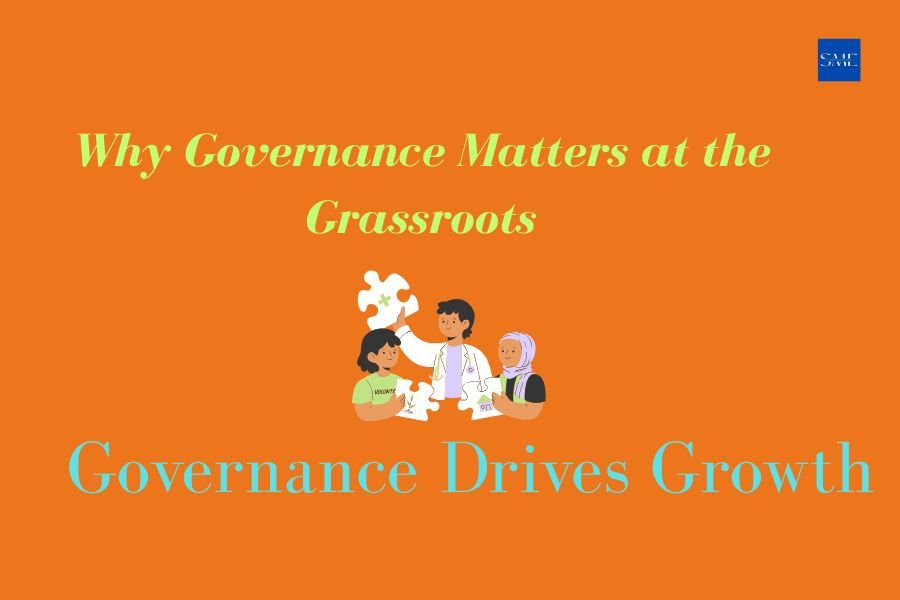The MSME sector has a crucial role to play in reducing greenhouse gas emissions. And they account for around 25% of the annual energy consumption of the industrial sector as per the “Yes Institute Report” titled “Climate Change as a Driver of Energy Efficiency in MSMEs” brought out in 2016 ( p.8).
Energy is one of the most important cost component and a key factor in determining the competitiveness of the MSMEs. Small scale industries in India particularly that are based in rural and semi-urban areas face frequent power cuts. It has several implications. It makes it difficult for them to achieve full capacity utilization. Needless to say, it affects their economic viability.
There are other related issues too. With the nation and small scale sector fast embracing digitalization, frequent power cuts affect this as well. Low voltage and grid failure are other issues that need to be addressed as these adversely affect and contribute to low productivity.
Mr. Jha Bhavesh, CEO at Roots Logix observes that ‘economic expansion in India has led to an increase in demand for energy resources, and the adoption of renewable energy such that of solar is indeed the most desirable way to address demand increase in SMEs. It would make MSMEs more sustainable as well’.
Rural and agro-industries face challenges due to low voltage, grid failure and failures at distribution networks. Productivity is affected. Take the case of Mr. M Radhakrishnan’s food processing unit that he is operating in the southern State of Kerala, in Kannur district. He says that frequent power cuts have made his unit uneconomical. Workers have to sit idle for 3 to 4 hours every day out of a total 8 hours of work. Mr. Vishwanath CK says ‘if Indian SMEs to become more competitive in the global market they have to fast adopt solar energy and other renewables for meeting their energy requirements. Depending only on the main grid power alone will not help’.
A recent report titled “Scaling up rooftop solar in SME sector in India”,( 2019) brought out by Deloitte, based on a survey carried out among 150 micro, small and medium enterprises (MSMEs) says that the proliferation of rooftop solar in the MSME sector faces several barriers, which need to be suitably addressed through appropriate business models, policy and regulatory interventions, etc.
India plans to achieve a target of generating 40 GW of electricity from solar power sources by 2022.
(Indian MSME spends between 5% to 20% of their operating expenses for electricity as per the report by Deloitte, which is indeed quite significant. By adopting solar they can attain significant cost saving. Their electricity bills will come down or get completely replaced. It has other gains as well. There will be more productivity and their competitiveness would also go up. The MSME units will be able to attain their production targets and do more exports. With uninterrupted power, their digital marketing professionals can now spend more time on helping showcase MSME products through various digital platforms.
The Deloitte report is based on a survey conducted among select MSMEs in rubber and plastic; pharmaceuticals; auto; paper; food and beverage; textiles clusters in India. The report evaluates various aspects that prevent rooftop solar growth in the MSME sector and suggests solutions and recommends measures to boost solar energy use and its adoption and thereby a way forward for enhanced solar adoption and thereby installed rooftop solar capacity in India.
The government of India has set a target of 175 GW of renewable energy capacity by 2022. Out of 175 GW, 40 GW is expected from rooftop solar installations. The MSMEs can emerge as a major “industrial consumer category”. They have to be targeted for solar adoption. It is estimated that the potential of the MSME segment is about 16 GW or about 40% of the rooftop solar capacity target of 40 GW.
Author Profile
-
Columnist|Entrepreneur|Development Professional. Believes in freedom and human potential. Writes on #Economy #Enterprise #Entrepreneurship #Business #SustainableDevelopment
He can be reached at caushie@gmail.comLinkedin: https://www.linkedin.com/in/caushie/
Twitter: https://twitter.com/pkoshyin
Latest entries
 FEATURED25 November 2024Rethinking Work Hours: The Case for Balance in SME Growth Strategies?
FEATURED25 November 2024Rethinking Work Hours: The Case for Balance in SME Growth Strategies? AI25 November 2024Microsoft’s ‘Zero Day Quest’: A $4 Million Challenge to Revolutionize AI and Cloud Security!
AI25 November 2024Microsoft’s ‘Zero Day Quest’: A $4 Million Challenge to Revolutionize AI and Cloud Security! FEATURED5 November 2024Collaboration Agreement Signed Between Mubadala Energy and Perusahaan Listrik Negara (PLN) to Explore Harnessing Natural Gas Discoveries
FEATURED5 November 2024Collaboration Agreement Signed Between Mubadala Energy and Perusahaan Listrik Negara (PLN) to Explore Harnessing Natural Gas DiscoveriesFEATURED23 October 2024Resilient Trade Amid Global Uncertainty: How Intra-BRICS Commerce is Shaping a New Economic Order













